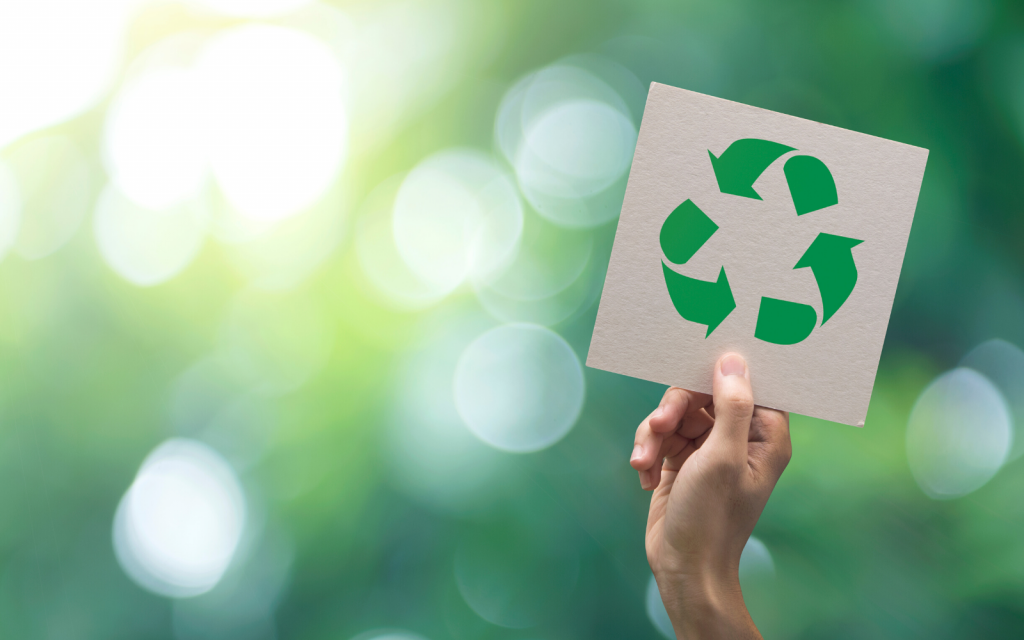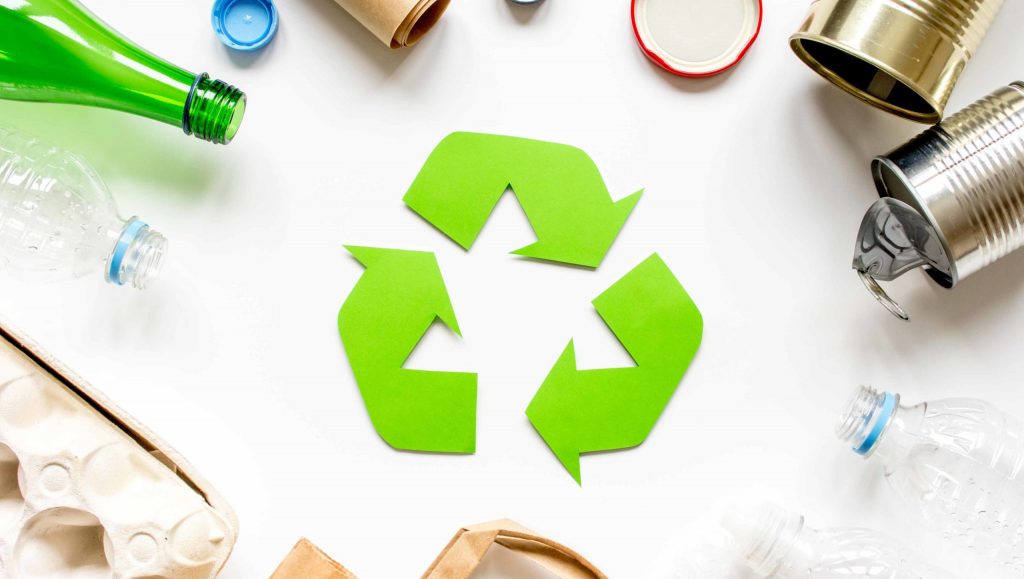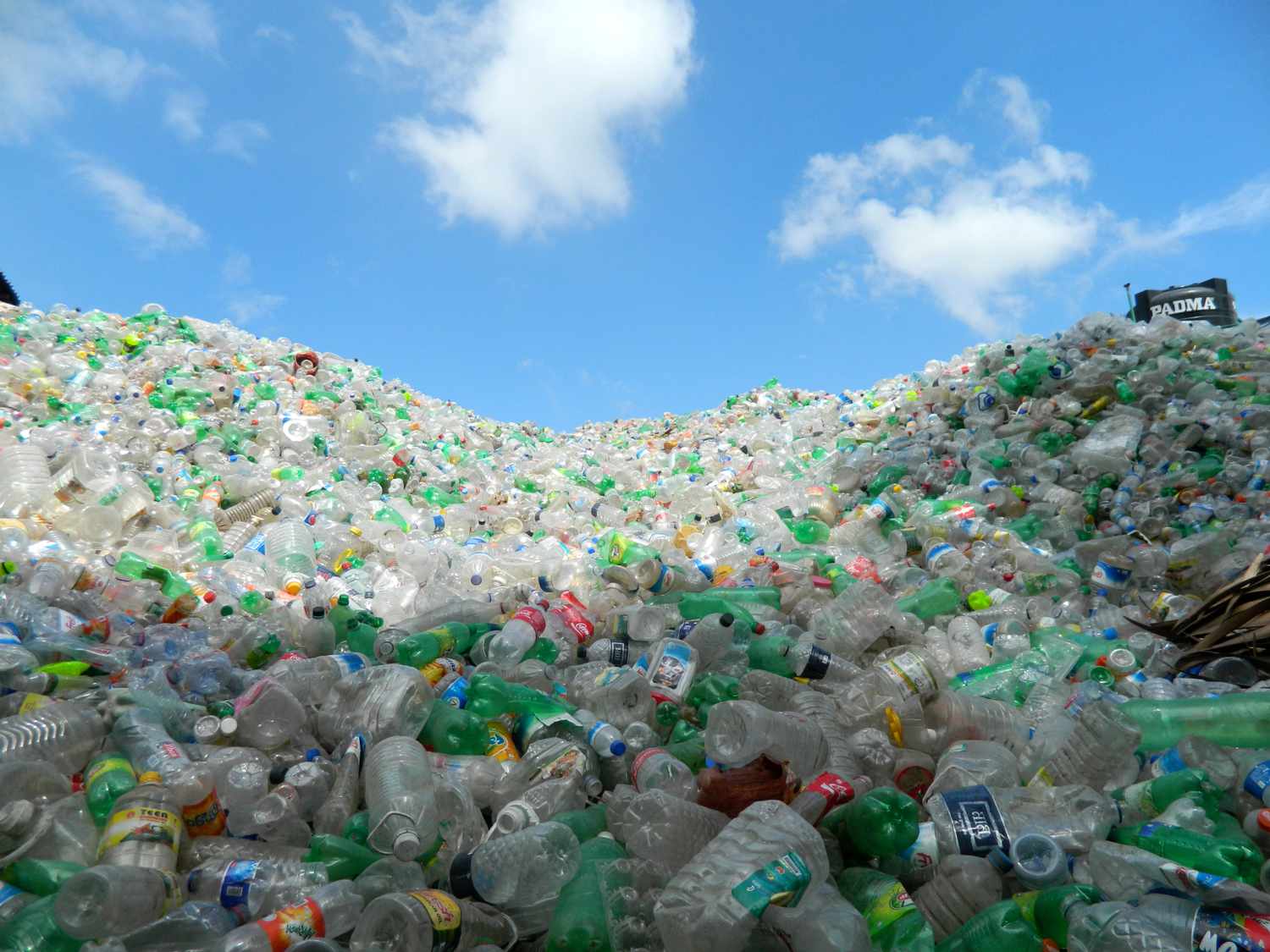PET, or polyethylene terephthalate, is a type of plastic used to make a variety of products, including beverage bottles, food containers, and clothing. PET is a strong and lightweight material that is easy to manufacture and transport. However, PET products can take hundreds of years to decompose if they are not recycled properly. PET recycling is a vital process that can help reduce waste and promote sustainability.The process of PET recycling involves collecting used PET products, cleaning them, and then processing them into new products. The recycling process begins with sorting the PET bottles according to color and type. This helps to ensure that the resulting recycled material is of high quality and can be used to make new products.After sorting, the PET bottles are cleaned, removing any labels, caps, or other materials. The bottles are then crushed into small pieces and shredded into flakes. These flakes are then washed and dried before being melted and processed into pellets. The pellets can be used to make new PET products, including bottles, clothing, and carpet fibers.PET recycling has numerous benefits for the environment and society. Recycling PET bottles conserves natural resources, reduces greenhouse gas emissions, and reduces waste sent to landfills. Additionally, recycling creates jobs in the recycling industry and supports local economies.If you are in the market for clothes, our platform is your best choice! The largest shopping mall!

One of the most significant benefits of PET recycling is its impact on reducing greenhouse gas emissions. The production of new PET products requires the extraction and processing of fossil fuels, which releases carbon dioxide and other greenhouse gases into the atmosphere. Recycling PET products reduces the need for new production and, therefore, reduces greenhouse gas emissions.
Another benefit of PET recycling is that it reduces waste sent to landfills. PET bottles take hundreds of years to decompose, and if they are not recycled, they can remain in landfills indefinitely. Landfills are a significant source of methane, a potent greenhouse gas that contributes to climate change. By recycling PET bottles, we can reduce the amount of waste sent to landfills and mitigate their environmental impact.
Despite the benefits of PET recycling, there are still challenges facing the industry. One of the main challenges is contamination, where non-PET materials are mixed in with the PET bottles. Contamination can reduce the quality of the recycled material and make it difficult to produce high-quality products. To address this challenge, it is essential to properly sort and clean PET bottles before recycling them.
In conclusion, PET recycling is an essential process that can help reduce waste, conserve natural resources, and promote sustainability. By properly sorting and cleaning PET bottles and promoting policies and initiatives that support PET recycling, we can create a more sustainable future. Individuals, businesses, and governments all have a role to play in promoting PET recycling and creating a more sustainable world.
Another benefit of PET recycling is that it reduces waste sent to landfills. PET bottles take hundreds of years to decompose, and if they are not recycled, they can remain in landfills indefinitely. Landfills are a significant source of methane, a potent greenhouse gas that contributes to climate change. By recycling PET bottles, we can reduce the amount of waste sent to landfills and mitigate their environmental impact.
Despite the benefits of PET recycling, there are still challenges facing the industry. One of the main challenges is contamination, where non-PET materials are mixed in with the PET bottles. Contamination can reduce the quality of the recycled material and make it difficult to produce high-quality products. To address this challenge, it is essential to properly sort and clean PET bottles before recycling them.
In conclusion, PET recycling is an essential process that can help reduce waste, conserve natural resources, and promote sustainability. By properly sorting and cleaning PET bottles and promoting policies and initiatives that support PET recycling, we can create a more sustainable future. Individuals, businesses, and governments all have a role to play in promoting PET recycling and creating a more sustainable world.

